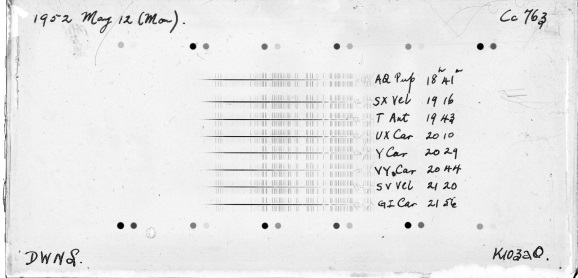Sheldon Kagel
Life at Pisgah Astronomical Research Institute
People often ask me about the Pisgah Astronomical Research Institute and the work I do there. I've written a quick post to get into the details. The Pisgah Astronomical Research Institute also known as PARI is a research and learning center based out of Rosman North Carolina. PARI offers summer camps and research opportunities for students and guests. PARI has a long and interesting history. Initially PARI was created and used as a NASA tracking station in 1962. Next the site was used by the DOD, Then in 1999 Don Cline acquired the site and created what today has become one of the most unique STEM learning centers in the South Eastern US.
 source
source
My Role
I started volunteering for PARI by becoming a docent, digitizing photographic plates used in a research paper by Michael Castelaz and Thurburn Barker on the long term photometric behavior of Boyajian’s Star, and guiding visitors in PARI's night sky observing programs. An opportunity to work in the Astronomical Photographic Data Archive at PARI then became available. The Astronomical Photographic Data Archive (APDA) at PARI holds a collection of over 350,000 glass plates from the time before digitization with computers was possible. Throughout the early and mid 1900's Kodak produced glass plates with emulsion that made it possible to store images of the night sky. APDA manages one of the largest collections of glass plates in the US and specializes in a unique aspect of Astronomy known as Time Domain Astronomy.
 Spectral line plate sample from May 12 1952
Spectral line plate sample from May 12 1952
Working at APDA is an exceptional experience where I've used my technical software and database architecture skills to create a custom relational database and internal administrative software that holds data and images from APDA's collection of glass plates. This makes it possible to put them online where they can be used by astronomers, research students, and astronomy historians. I sat down with APDA's director Thurburn Barker and together we collaborated to make sure that all aspects of the data and use cases were considered. I then collaborated with Tim DeLisle PARI's resident software engineer. Tim paired his web based finding aid with my database creating this early stage product.
 source
source
Our Campus
One of the great things about working here is the PARI campus. Here are some interesting photos of the campus and surrounding area.




Thanks for reading and learning more about my work at the Pisgah Astronomical Research Institute. PARI receives all of it's funding though grants and donations. Your support is appreciated and allows PARI to continue providing STEM learning initiatives with inspiring outcomes.